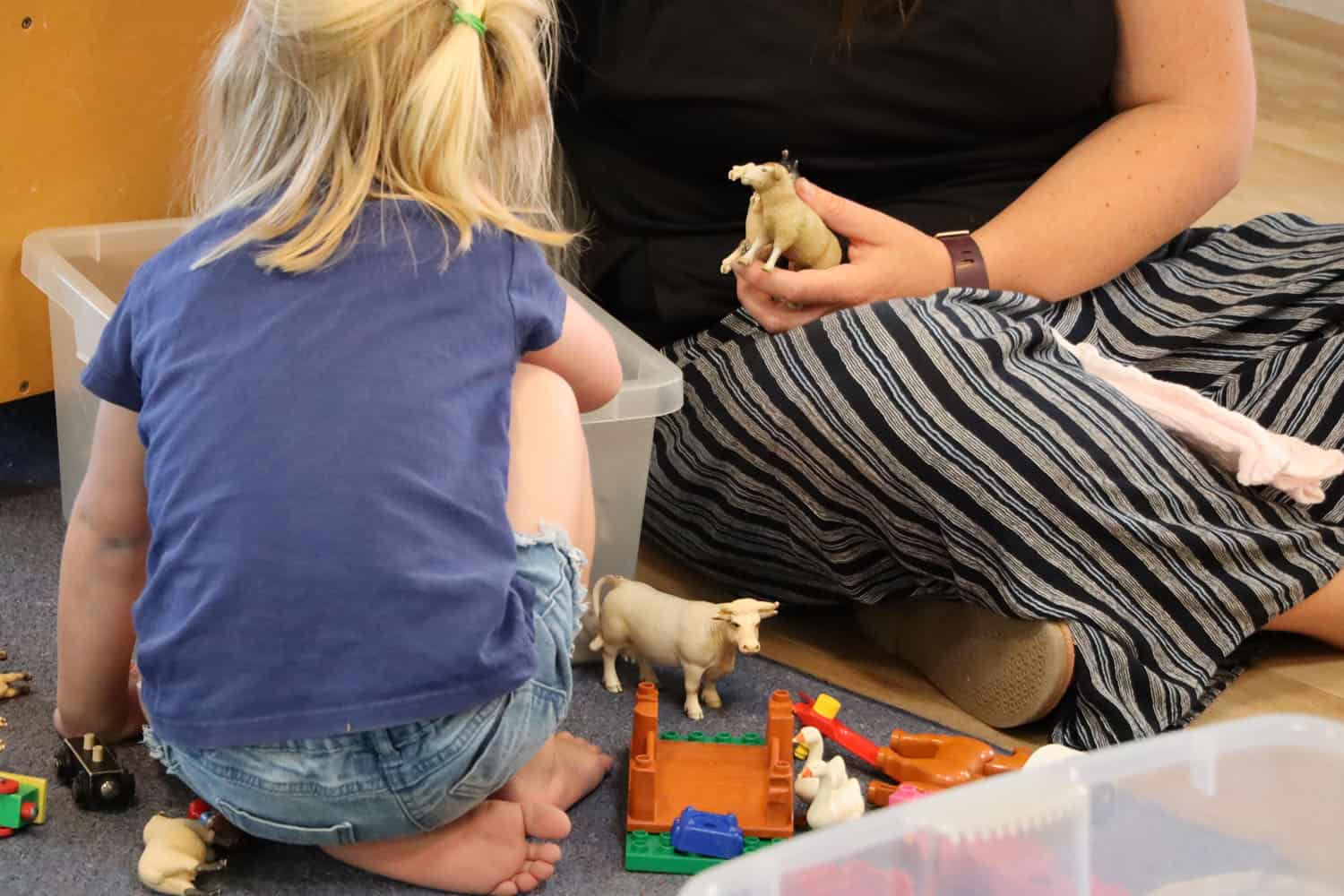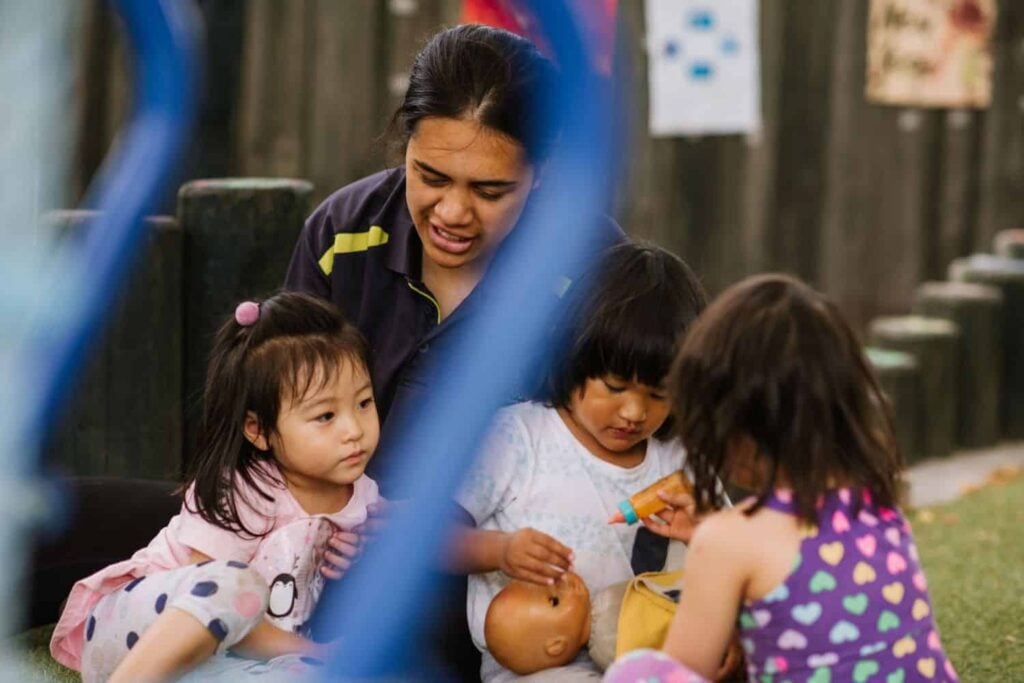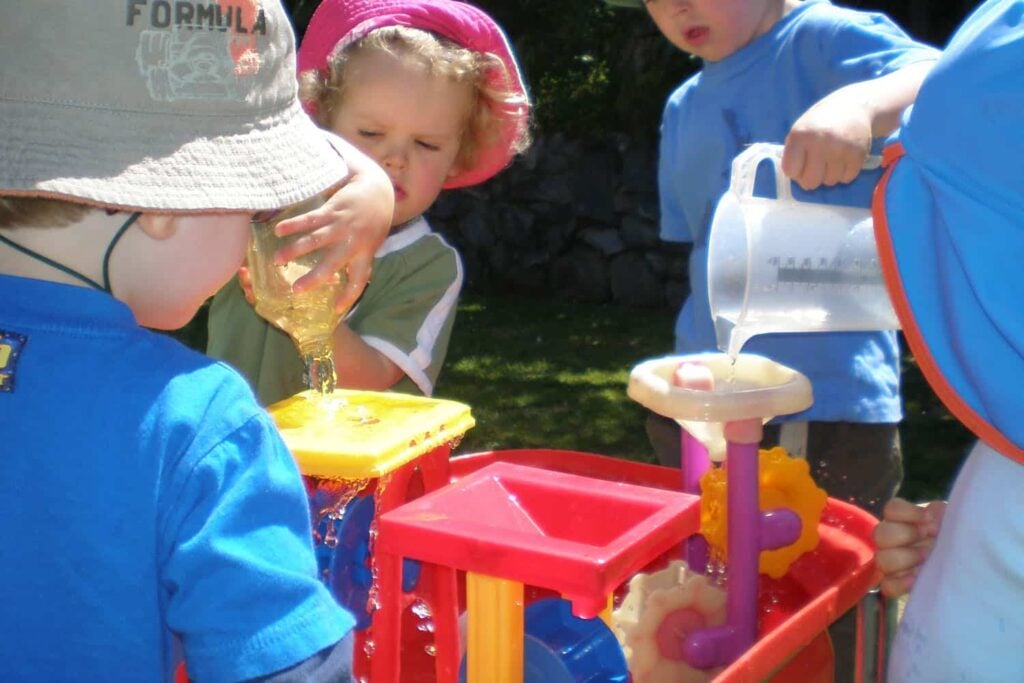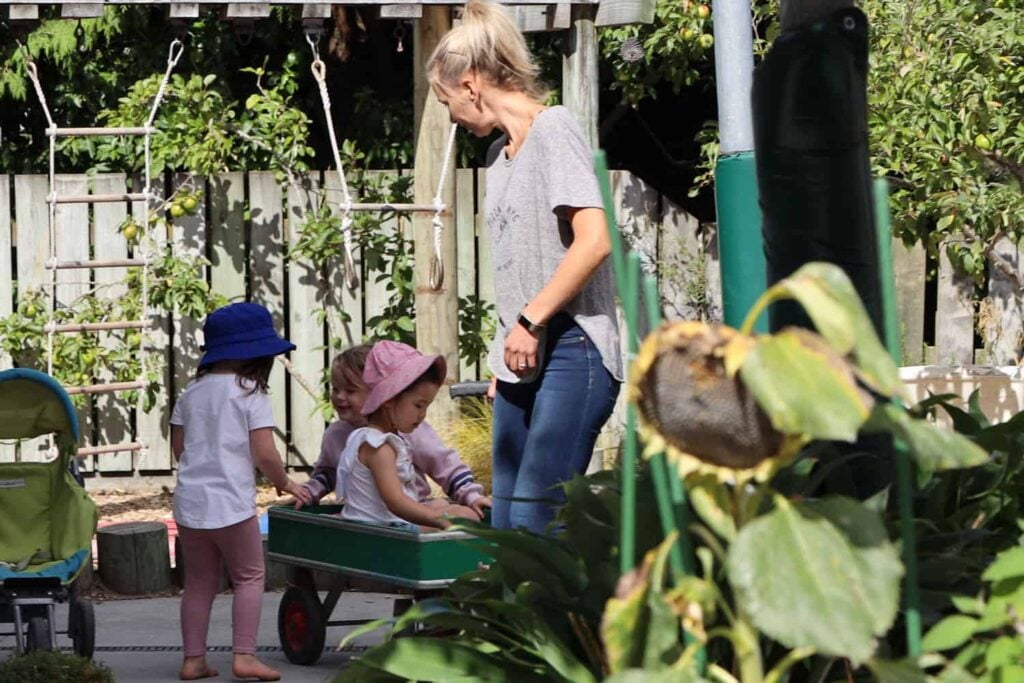February 27, 2022.
The Early Childhood Council, representing a group of childcare owners has repeated its call for improved access to Rapid Antigen Tests (RATs) for surveillance testing of staff.
It is fine to focus on RATs if you are only looking at ECE from a business point of view, says the Office of ECE.
But ultimately, ECE centres must serve the interests of children. Focusing on quick tests that have limited sensitivity – particularly if people are in the early stages of the virus – misses important areas for child (and adult) safety.
Chief Advisor of the OECE, Dr Sarah Alexander, says that two key problems are poor indoor ventilation, and too many children cared for in too little space.
“Addressing these two problems now will not only assist with limiting the spread of Covid-19 but will also bring benefits in the longer term.”
The ECC’s Simon Laube said his group’s call for improved access to RATs by centres is backed by leading public health and community paediatric experts.
However, in the report cited by Laube, RATs was not included in the recommendations for strengthening Omicron mitigation approaches in ECE settings. The experts recommended: improving ventilation, reducing capacity (the number of children), increasing outdoor activities, and wearing masks.
RATs can provide quick results, but these tests are not as accurate as PCR tests. RATs have limited sensitivity – particularly if people are in the early stages of the virus.
Good ventilation has been widely reported as a key part of making indoor spaces safer during Covid-19. Importantly, good airflow removes exhaled air from a room, replacing it with fresh air from outside so children (and adults) will be less likely to breathe in any virus-carrying particles.
The OECE has received feedback from centres across the country on serious ventilation issues, including nappy change areas and sleep rooms with windows that don’t open or can’t be opened, internal playrooms and children’s bag / locker areas with no fresh airflow.
The Ministry of Education has acknowledged that some ECE centres have fixed or painted their windows shut.
The OECE would welcome greater support from the Ministry of Education to help early childhood centres ensure their teachers and children remain healthy.
The OECE recommends that the Ministry immediately check all centres, and especially review ventilation.
Where needed, the Ministry should provide free access to technology for air purification and air monitoring. It also needs to re-implement a limit of 20 children per group in centres, with no mixing of children between groups as was the policy under Alert Level 3 during the Delta outbreak.









